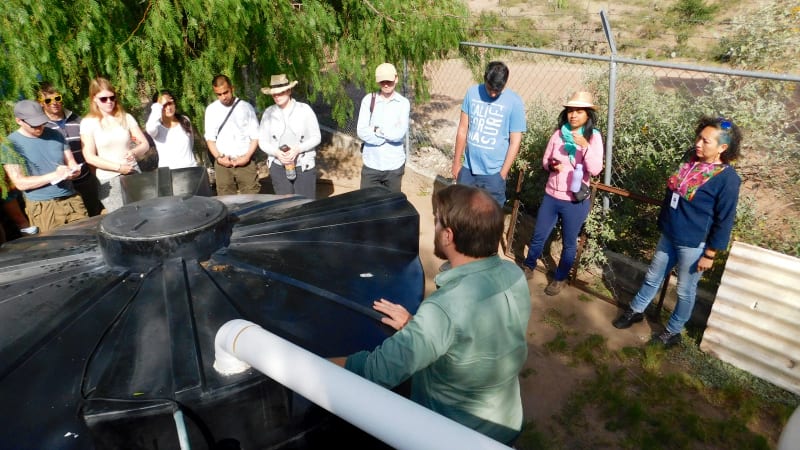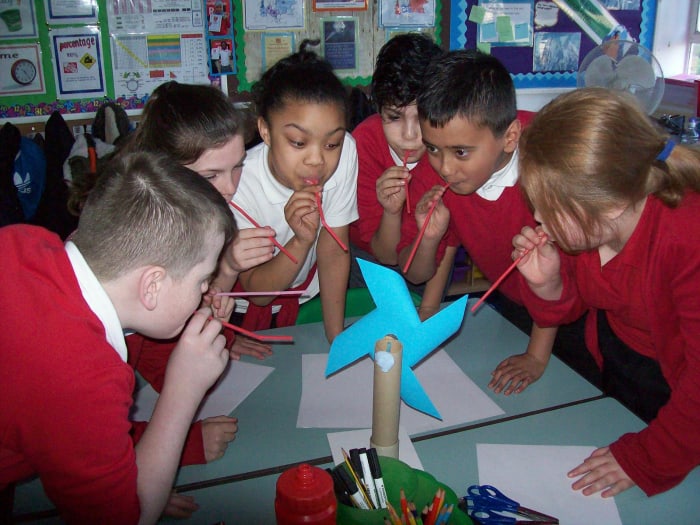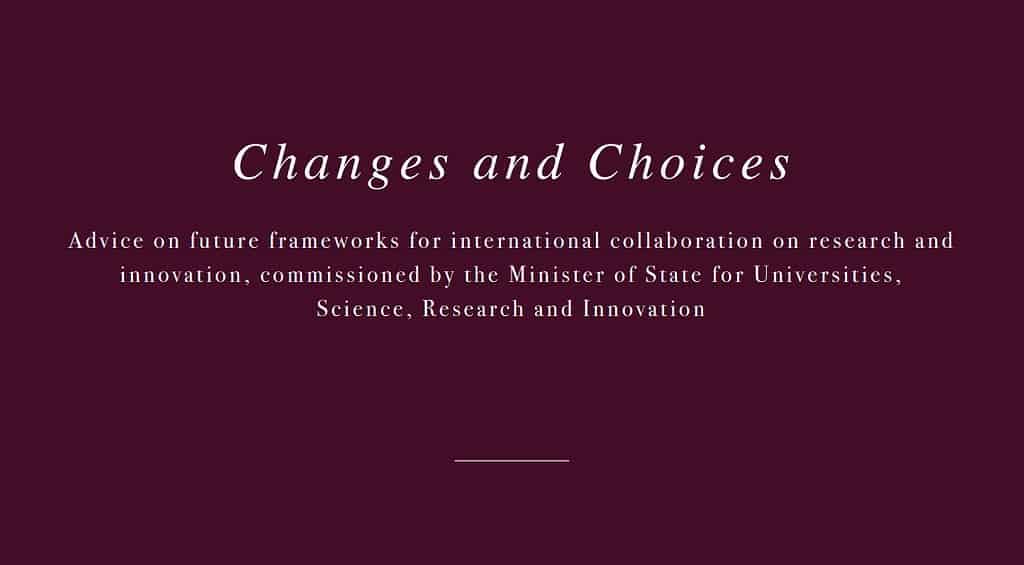Doug Harper, chief executive of Engineers Without Borders UK, reflects on the ever present impact of engineering in our daily lives and highlights the challenge facing the profession of engagement and recruitment
Engineering our future: creating a world that works for everyone
17 Nov 2016
Close your eyes for a moment and think about the first ninety minutes after you wake up each day. You may be woken by the alarm on your smartphone, switch on your bedside lamp, listen to the news on the radio or watch it on tv. Perhaps catch up with your emails and social media. Then you might boil some water for a cup of coffee before leaving home to get to school, work or university by car, bus, bike or train.
Each of these activities relies on engineering. Electronic engineers have designed the hardware inside your phone, lamp, radio, tv and kettle. Software engineers have written the programs to make them work. Civil engineers have designed the pipework and water treatment plants that deliver drinkable water to your tap. Mechanical engineers have designed the engines and moving parts in your car or bike. Structural engineers have made sure that your house won’t fall down during the night. Engineering is already all around us.
If we think more broadly, and consider the wider challenges facing society today, such as the effects of climate change, urbanisation, population growth and resource depletion, there is no political issue or policy decision that will not rely on the creative logic and technical capacity of an engineer to implement it. When we consider how engineering might shape our collective future we actually face a stark reality – our collective future relies on the proper application of engineering.

We live in a world which, for many, provides a better lifestyle than at any point in history. However, around 1 in 7 of our global community wake up each day with no reliable access to electricity, safe water to drink, or proper sanitation. As the world’s population expands, and the UN projects that by 2050 we will have to make space for an additional 2.2 billion people, these challenges will affect many more of us. We will need to come up with increasingly intelligent and ingenious ways to make the only planet we have work for everyone. Engineers will be fundamental to our response.
And yet the engineering profession faces many challenges. There is a chronic shortage of people choosing engineering careers and, for those that do, they enter a community where diversity is poor. Women account for, at most, 9% of engineering and technology employees and 94% of engineers working in the UK are white1. There is also a disconnect between what the public perceives engineering to be – ‘building and fixing things’ – compared to its true potential for creativity, innovation and social good.
Identifying solutions to these challenges is straightforward. Firstly, we need an engineering profession that represents society. That means inspiring more women and more people from diverse backgrounds to choose a career in engineering. Secondly, we need to challenge the wider perception of engineering and create a strong connection between the realities of an engineering career and the key motivational factors of those entering the workplace which, for 60% of millennials, includes believing in the purpose of their work.

Implementing these solutions is more difficult but engaging young people is essential. Young people should not only be our greatest motivation for pursuing a dream of a better future but also key to making it happen.
Whether you’re reading this as an engineer, or a scientist, or a parent, grandparent, godparent, brother, sister, or friend, remember tomorrow, during those first ninety minutes after you wake up, how much we rely on engineers. Remember too, those of us without electricity, water, and homes and how much we all need engineers. Finally, remember that engineering isn’t just about ‘building and fixing’ things but about creating a world that works for everyone. And then go and tell someone younger than you about all of this and encourage them to become an engineer.
Doug Harper is the Chief Executive of Engineers Without Borders UK, a not for profit organisation that inspires, enables and influences global responsibility through engineering. You can find out more about their work at www.ewb-uk.org.
1) Skills & Demand in Industry: 2015 Survey, The IET. Compare this to 2011 UK census data which estimates that 51% of the UK population are women and 86% are white
Related articles

The Physiological Society’s policy team on the health challenges facing older workers and the urgent need to develop a strategy to ensure older people are happy and healthy at work.

Jo Reynolds, Director of Science and Communities at the Royal Society of Chemistry, on the RSC’s new summary report looking to unlock the potential of deep tech SMEs.

Lisa Morrison Coulthard, Research Director at the National Foundation for Education Research, on the Nuffield Foundation funded five year research programme providing insights into the essential employment skills needed for the future workforce

Sir Adrian Smith, Institute Director and Chief Executive of The Alan Turing Institute, and Graeme Reid, Professor of Science and Research Policy at UCL, set out the findings from their new independent report on international partnership opportunities for UK research and innovation